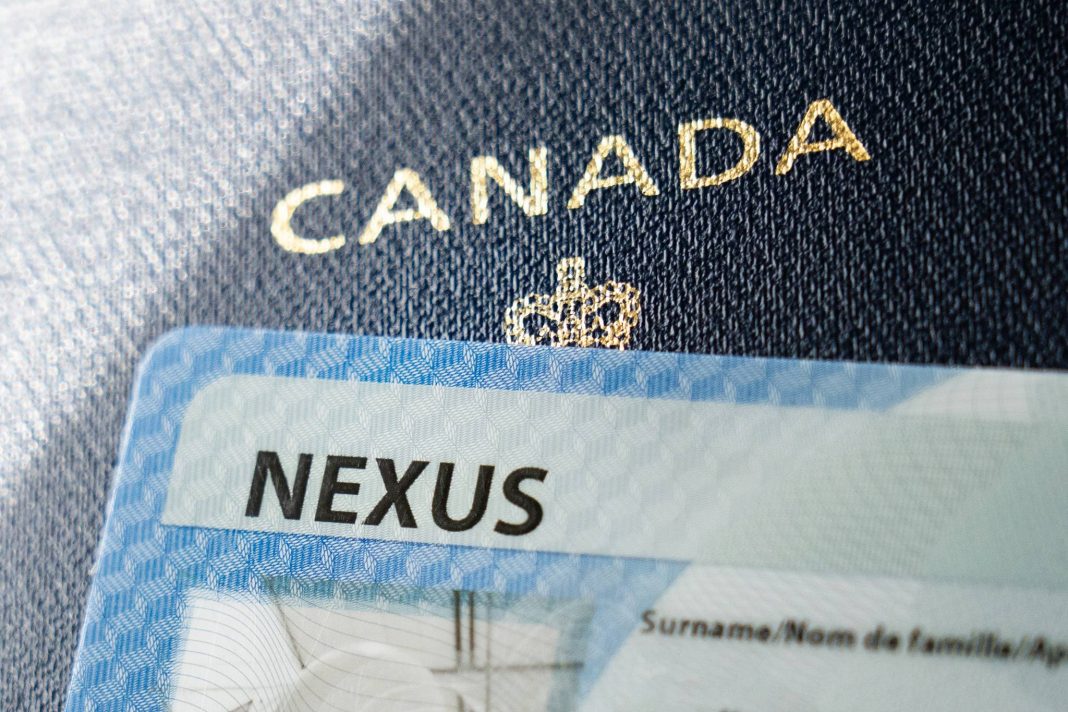Nexus Card Policy Undermines Non-Binary Recognition Amid U.S. Rollback
In early 2025, an abrupt shift occurred in the Nexus trusted traveler program: Canadians seeking new or renewed Nexus cards can no longer select the “X” gender designation—even when their passports reflect it. This development marks a significant setback for non-binary and gender-diverse individuals navigating cross-border travel between Canada and the U.S.
What Changed—and Why?
Since 2022, Canadians could choose “X” as a gender marker on Nexus travel cards, aligning with progressive gender recognition policies. Out of all applications between 2022 and March 2025, approximately 550 utilized the non-binary “X” identifier.
However, as of February 2025, the Canada Border Services Agency (CBSA) announced that new or renewing applicants must now choose male or female, regardless of their Canadian passport’s designation. This change stems from an executive order issued by U.S. President Trump, which mandates federal recognition only of “male” or “female,” explicitly omitting non-binary options.
Although existing Nexus cards marked “X” remain valid until their expiration, the shift has sparked concern across communities and legal circles. Canada recognizes the “X” marker—yet cannot override U.S.-controlled systems integral to Nexus issuance.
A Backward Step for Inclusion
Helen Kennedy, executive director of Egale Canada, decries the removal as “a step backward for the recognition and inclusion of trans, non‑binary, and gender‑diverse people.” She emphasizes that forcing individuals to misidentify themselves for travel contradicts Canada’s commitment to dignity and equality.
Sarah Mikhail, an immigration lawyer with Smith Immigration Law, worries about the practical consequences. Misalignment between Nexus cards and passports may trigger invasive questioning or unnecessary scrutiny at the border—adding stress and undermining personal safety.
The U.S. Policy at the Heart of the Issue
The root cause lies across the border. On January 20, 2025, President Trump signed Executive Order 14168—“Defending Women from Gender Ideology Extremism and Restoring Biological Truth to the Federal Government”—which insists that federal entities recognize only two sexes, determined at conception, and eliminated gender self-identification on official documents.
Within days, Secretary of State Marco Rubio instructed the State Department to cease processing any passport applications requesting an “X” gender marker or changes to existing ones.
Legal Challenges and Real-World Repercussions
The policy rollback has triggered mounting legal resistance. In the United States, the ACLU—representing plaintiffs like Westley Ebling and Ash Lazarus Orr—filed Orr v. Trump, a lawsuit asserting the policy violates constitutional rights including equal protection and the right to travel. A preliminary injunction was granted in April and expanded in June, suspending the new policy for those seeking passports with non-binary or mismatched gender markers.
Meanwhile, transgender and non-binary Canadians are caught in a precarious position: their distinct identity acknowledged at home but invalidated through a cross-border bureaucratic snag.
On the Ground: The Human Cost
Travel, often routine, has become laden with complexity. Misgendered Nexus cards—or mismatched identity documents—can signal one to border officials, potentially resulting in delays, questioning, or worse—discrimination. As the CBSA notes, norms vary internationally; travelers with non-binary markers may encounter barriers or be forced to present binary gender information despite their passport.
What’s at Stake Next
1. Cross-Border Policy Alignment: Canada must urgently advocate with the U.S. to reinstate non-binary recognition in Nexus applications.
2. Proactive Support: Travel advisory resources should explicitly address the risks and available recourse for individuals with “X” markers.
3. Ongoing Legal Advocacy: As litigation continues, there’s hope for restoring federal recognition of non-binary identities in both countries.
4. Broader Equity Conversation: This issue isn’t just about passports—it raises broader questions on rights, bureaucracy, and the resilience of trans and non-binary communities against erasure.
Final Word
The removal of the “X” gender marker from Nexus cards is more than a policy tweak—it is emblematic of a broader rollback of non-binary visibility at federal and international levels. While Canada continues to embrace inclusion, cross-border systems tethered to U.S. policy now force some to conceal their gender identity. For trans and non-binary travelers, that reality is both dangerous—and deeply discouraging.


